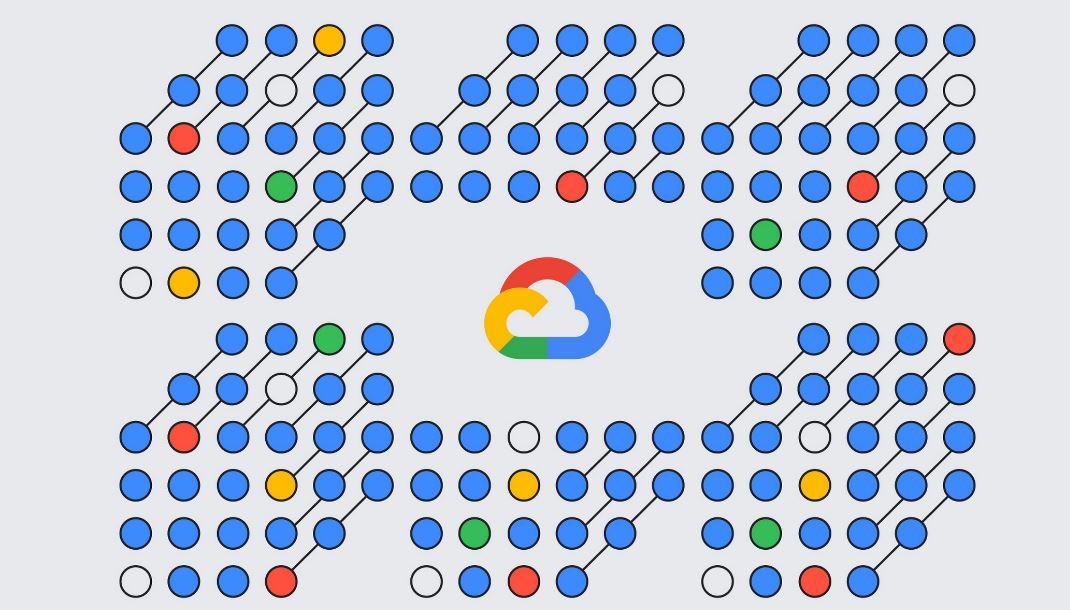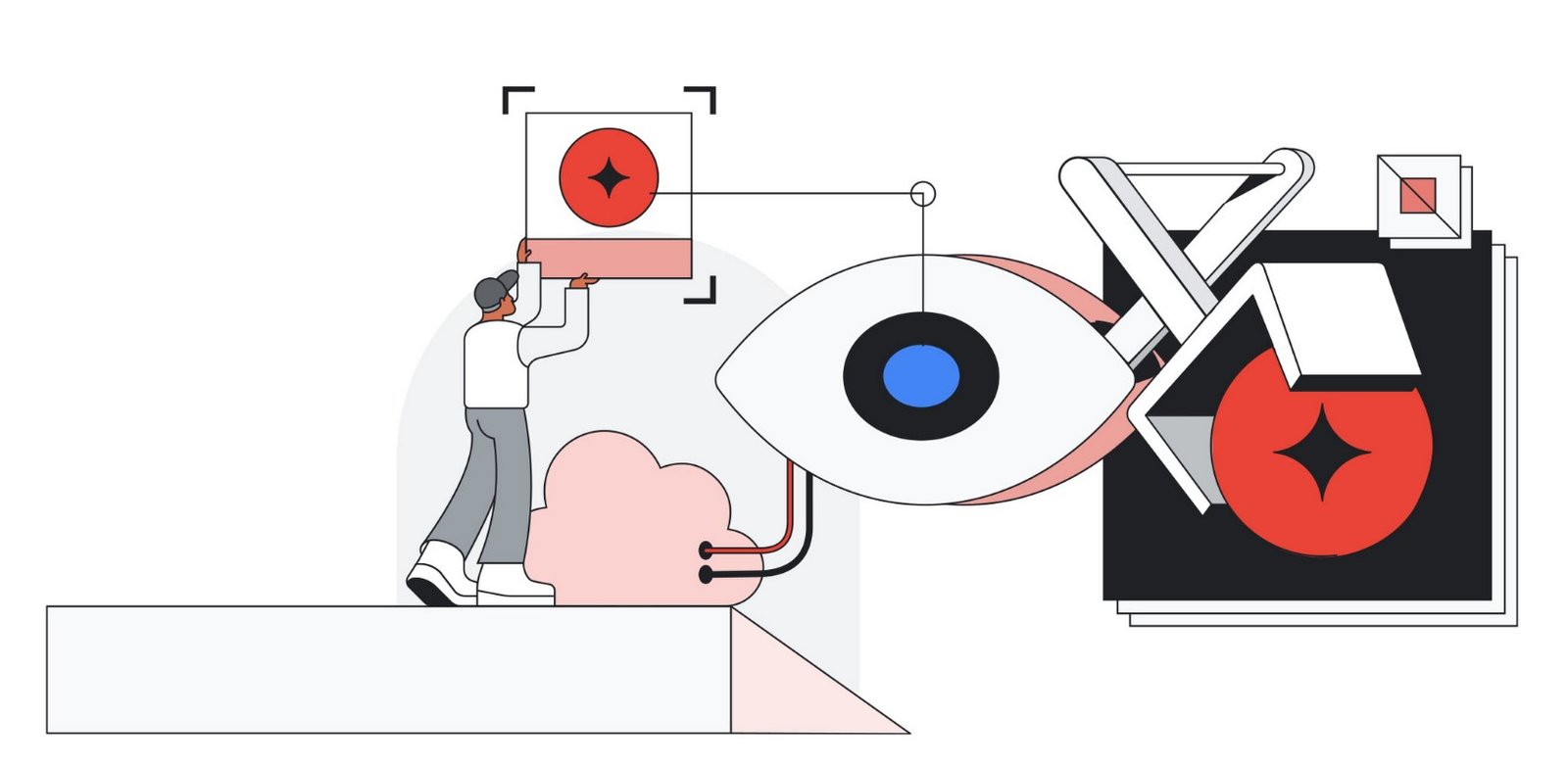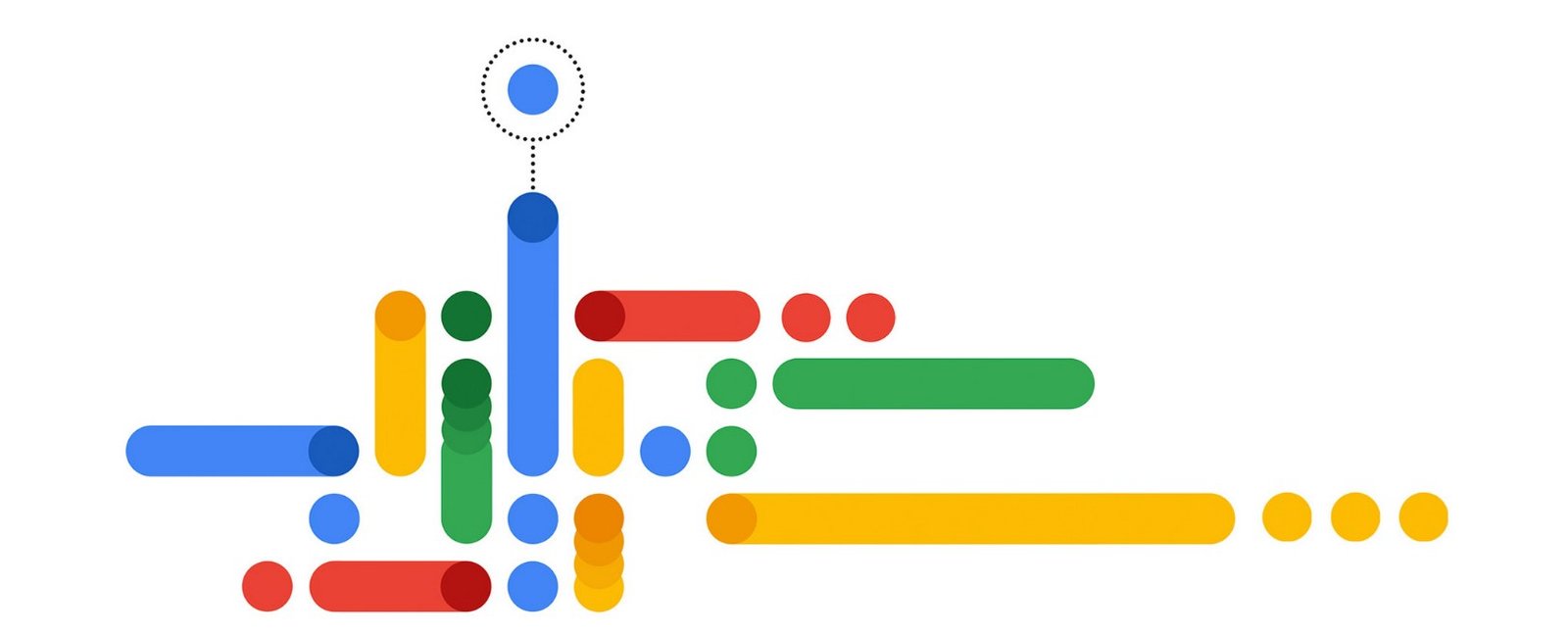- Cloud Functions and Firebase: Cloud Functions can be used with Firebase, a suite of tools and services for building web and mobile applications, to create serverless backends for Firebase applications, perform background tasks, and respond to events in Firebase services, such as Realtime Database and Firebase Authentication.
- Cloud Functions and Firebase Hosting: Cloud Functions can be integrated with Firebase Hosting, a web hosting service, to serve dynamic content and provide server-side rendering for single-page applications.
- Cloud Functions and Firebase Cloud Messaging: Cloud Functions can be used with Firebase Cloud Messaging (FCM), a messaging service for sending notifications and messages to users, to send targeted notifications and messages based on events in your application.
- Cloud Functions and Firebase Remote Config: Cloud Functions can be used with Firebase Remote Config, a service for dynamically changing the behavior and appearance of your app, to apply server-side logic to remote configuration changes and roll out new features or updates to users.
- Cloud Functions and Firebase Performance Monitoring: Cloud Functions can be used with Firebase Performance Monitoring, a performance monitoring service, to gain insights into the performance of your functions and identify performance bottlenecks.
- Cloud Functions and Firebase Crashlytics: Cloud Functions can be integrated with Firebase Crashlytics, a crash reporting service, to monitor and diagnose crashes in your functions and improve their reliability.
- Cloud Functions and Firebase Test Lab: Cloud Functions can be used with Firebase Test Lab, a cloud-based app testing service, to run tests on your functions and ensure their reliability and compatibility across devices and platforms.
- Cloud Functions and Firebase Predictions: Cloud Functions can be used with Firebase Predictions, a machine learning-based service for predicting user behavior, to create custom actions and notifications based on predicted user behavior.
- Cloud Functions and Firebase App Distribution: Cloud Functions can be used with Firebase App Distribution, a service for distributing pre-release versions of your app, to automate the distribution process and collect feedback from testers.
- Cloud Functions and Firebase Extensions: Cloud Functions can be used with Firebase Extensions, pre-built solutions that extend Firebase and Google Cloud services, to add functionality to your functions without the need to write additional code.
- Cloud Functions and Firebase Dynamic Links: Cloud Functions can be used with Firebase Dynamic Links, a service for creating dynamic links that can survive the app installation process, to create custom link handling and routing logic.
- Cloud Functions and Firebase In-App Messaging: Cloud Functions can be used with Firebase In-App Messaging, a service for sending targeted and contextual in-app messages to users, to create personalized in-app experiences based on user behavior and events.
- Cloud Functions and Firebase Authentication: Cloud Functions can be integrated with Firebase Authentication, an authentication service, to perform server-side logic when users sign up, log in, or update their profiles, and to enforce access control and security rules.
- Cloud Functions and Custom Runtimes: Cloud Functions supports custom runtimes, allowing you to create functions using languages and runtimes that are not officially supported by Google Cloud Functions.
- Cloud Functions and VPC Peering: Cloud Functions supports VPC peering, enabling you to create a private network connection between your VPC and another VPC, such as one belonging to a partner organization or a third-party service.
- Cloud Functions and Cloud VPN: Cloud Functions can be used with Cloud VPN, a virtual private network (VPN) service, to securely connect your VPC to your on-premises network or another cloud provider.
- Cloud Functions and Cloud Interconnect: Cloud Functions can be used with Cloud Interconnect, a service for establishing a dedicated network connection between your VPC and your on-premises network, to improve network performance
Google Cloud Functions
Glance and Google’s Next-Level Gaming Recommendation Engine
Collaborative Excellence: Glance and Google’s Next-Level Gaming Recommendation Engine Introduction: In the dynamic gaming industry, personalized recommendations are crucial for..

Digits and Google Cloud ML
The Impact on the Accounting Profession The integration of Google Cloud ML in accounting, led by innovative companies like Digits,..

Google Cloud’s Vertex AI Model Garden and the Launch of Generative AI Studio
Google Cloud’s Vertex AI Model Garden and the Launch of Generative AI Studio Artificial Intelligence (AI) and Machine Learning (ML)..

Google Cloud’s Pioneering AI Models and the Launch of Generative AI Studio
Google Cloud’s Pioneering AI Models and the Launch of Generative AI Studio Artificial Intelligence (AI) continues to break new grounds,..

How to scale an App Engine application in GCP?
Scaling an App Engine application involves configuring the scaling settings in the app.yaml file and deploying the changes. I’ll provide..
How to enable SSL for a custom domain in App Engine in GCP?
To enable SSL for a custom domain in App Engine, you need to map your custom domain to your App..
How to set environment variables for an App Engine application in GCP?
To set environment variables for an App Engine application, you need to define them in the app.yaml configuration file. The..
How to delete a specific version of an App Engine application in GCP?
To delete a specific version of an App Engine application in GCP, you can use the Google Cloud Console and..
How to stop a specific version of an App Engine application in GCP?
To stop a specific version of an App Engine application in GCP, you can use the Google Cloud Console and..
How to view the logs of an App Engine application in GCP?
You can view the logs of an App Engine application in GCP using the Google Cloud Console and the gcloud..
